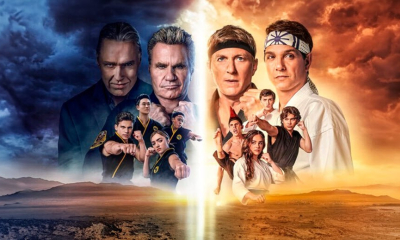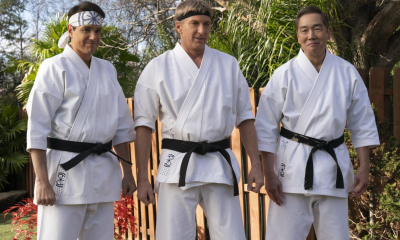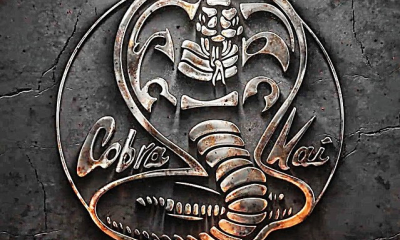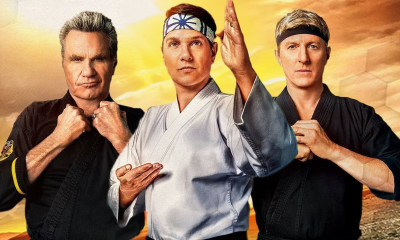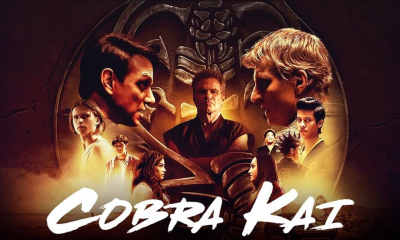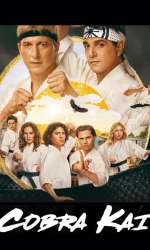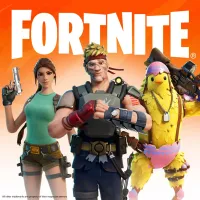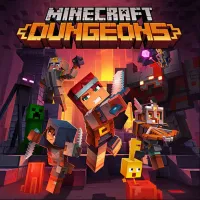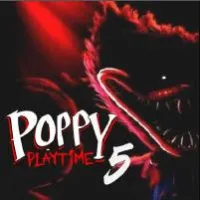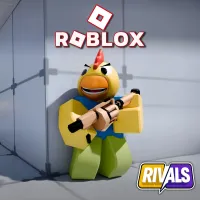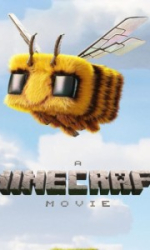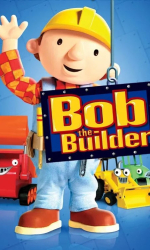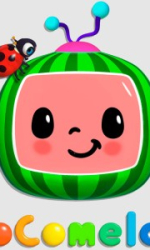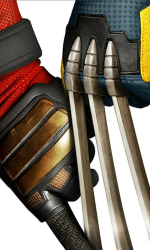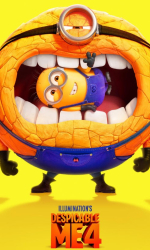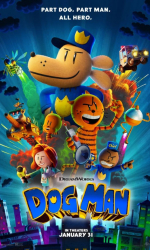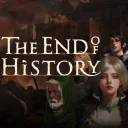Cobra Kai
As a child of the '80s, I was raised on a diet of iconic films that defined an era: The Breakfast Club, Ferris Bueller’s Day Off, and, of course, The Karate Kid. These stories tucked themselves into the very fabric of my youth, shaping not only my Wednesday afternoons but also a portion of my worldview. So, when I caught wind of the Netflix revival, Cobra Kai, I felt a rush of nostalgia mixed with skepticism. Would this series pay homage to the classic while crafting its own path? Spoiler alert: it did, and then some. This review chronicles my personal journey with Cobra Kai, exploring its nuanced characters, evolving themes, and the unique dynamism that it introduces to the beloved franchise.
The Genesis of Cobra Kai
Located in the picturesque San Fernando Valley, Cobra Kai initially captivated audiences as a continuation of Mr. Miyagi’s teachings and teenage rivalries. Emerging in 2018, the series picked up decades after Daniel LaRusso and Johnny Lawrence's climactic tournament battle. Here we see the rivalries rekindled, not just between Daniel and Johnny but among their families and students. The show initially flashed forward to explore whether one could truly grow beyond their high school personas.
Familiar Faces
One of the aspects that delighted me most about Cobra Kai was its commitment to nostalgia. Ralph Macchio and William Zabka slip seamlessly into their characters, reminding us of their tumultuous past. Each episode unfurls richer layers of their personalities, allowing us to empathize with them not just as high school archetypes but as complex adults still wrestling with their ghosts. The return of our favorite characters, like Ali Mills (Elisabeth Shue) and Kreese (Martin Kove), imbues the storyline with a sense of continuity that is hard to resist.
The New Guard
But what truly sets Cobra Kai apart is the vibrant new cast introduced to us. The teenagers—Miguel, Sam, Robbie, and others—are not mere replacements but have their own compelling arcs that echo the emotions felt by their predecessors. Watching them navigate friendship, rivalry, love, and loss adds layers to the narrative that resonate with modern audiences. Their lives intersect with the warring dojos in ways that challenge not only their abilities but also their beliefs.
The theme of redemption is pervasive throughout the series. Johnny Lawrence, once the quintessential antagonist, is given the chance to redefine his identity. As he opens his own dojo, we see his earnest attempts to steer young minds away from the toxic behaviors that shaped his own adolescence. This shift is both poignant and hilariously relatable, making me root for him despite his mess-ups. It’s a timeless exploration of how people can change, grow, and seek forgiveness even when surrounded by the ghosts of their past.
Humor Amidst Conflict
Cobra Kai masterfully mixes humor with emotional gravitas, creating moments that elicit genuine laughter, even in tense situations. The quirky exchanges between Johnny and his students or the awkward love triangles amongst the teens seamlessly lighten heavier dialogues. I often found myself chuckling at Johnny’s old-school demeanor clashing with the modern sensibilities of his students—balancing the scales of seriousness and levity perfectly.
Outside of its comedic brilliance, what also struck me was the emotional depth the series offers. The characters routinely face their doubts, insecurities, and fears, often reflecting more profound thematic concepts like trauma and bullying. These are not merely caricatures but individuals who remind me of friends I’ve known or struggles I’ve faced. Miguel’s journey of self-discovery and Tory’s grappling with her past stood out, marking the series as a platform for genuine emotions.
The Role of Karate
While karate serves as the backdrop, it also becomes a metaphor for discipline, respect, and the complex dance of power dynamics. The fights and training scenes are choreographed with admirable skill, highlighting the physicality while using it as a language of its own. Watching the characters evolve through their martial arts challenges, I felt the broader implications—self-defense, self-restraint, and the journey of personal fortitude—echoing far beyond the dojo walls.
The Mentor-Mentee Dynamic
Cobra Kai presents a multifaceted interpretation of the mentor-mentee dynamic. Johnny's efforts to teach Miguel become a cycle of reversing roles where he learns lessons from his students. Similarly, Daniel’s relationship with his students builds on principles he learned from Mr. Miyagi, highlighting how mentorship influences character development. This intricate layering adds richness to the overarching narrative, inviting the viewer into richer territory.
Community and Belonging
The series emphasizes the significance of community and belonging, particularly in the context of the dojo. Characters shift allegiances and form partnerships, showcasing how the quest for acceptance often leads us down unexpected paths. The rivalry between dojos serves as an anchor, yet it is the friendships formed—tragic, romantic, or platonic—that remind us how critical our social networks are to our growth.
The show does not shy away from incorporating themes of trauma, making it a standard bearer for introspection within the realm of a martial arts series. Whether it’s Johnny’s struggles with his abusive father or Tory's hidden challenges, the characters’ backstories enrich the narrative, imparting a somber undertone that adds depth to their journeys. These real-life issues resonate with viewers and invite compassion and understanding.
Lessons in Forgiveness
What I've found particularly appealing is the show’s commitment to exploring forgiveness—both of oneself and others. Characters often disappoint each other, yet the journey towards reconciliation becomes as vital as their karate training. Whether it’s Daniel coming to terms with his past actions or Johnny seeking redemption with his estranged son, these narratives of forgiveness transcend the screen and linger in the minds of viewers long after the credits roll.
The San Fernando Valley acts as a character in itself, with its sunny skies often juxtaposed against the turbulent emotional states of the characters. This environment embodies both the charm and turmoil of adolescence, serving as a reminder of the trials of teen life amidst an almost fairytale-like setting. Every alleyway and school hallway feels familiar, making me feel simultaneously nostalgic and invested.
Confrontations and Clashes
As the narrative unfolds, the confrontations can take center stage, reminding me why I fell in love with the series in the first place. These encounters feel both thrilling and weighty—each punch thrown signifies not just a shift in physical power but a revelation of character. The fights are colorful and serve to heighten emotional stakes, transforming mere martial arts action into a reflection of internal struggles and rivalry.
Reflection and Growth
The series ultimately highlights the importance of reflecting on our pasts and using those lessons for growth. Watching both new and old characters wrestle with their histories feels eerily relatable—like peering through a mirror that reflects not just our struggles but our triumphs. This narrative thread resonates with me, reminding me of the timeless journey we all take towards better versions of ourselves.
Lastly, Cobra Kai has transformed into a cultural phenomenon that transcends mere views or streaming statistics. Social media buzz and fan theories abound, and discussions about morals, friendships, and rivalries swirl around in every corner of the internet. It’s incredible to see a series that started as a nostalgic nod become part of the zeitgeist, reflecting the communal spirit of entertainment.
Conclusion
In reflecting on my journey with Cobra Kai, I find that it’s more than just a continuation of a beloved film franchise; it’s a narrative filled with heart, complexity, and life lessons that resonate across generations. The characters are flawed yet relatable, the themes relevant, and the humor infectious. It has managed to strike a balance between the trials of adolescence and the embrace of adult complexities, creating a captivating tapestry that keeps us coming back for more. As I await the next chapter in the saga, I realize that Cobra Kai is about so much more than just fighting; it’s about embracing our fears, understanding our pasts, and, ultimately, finding peace in the valley.
To download the app, you will get links to the Official Website and/or official digital markets.
